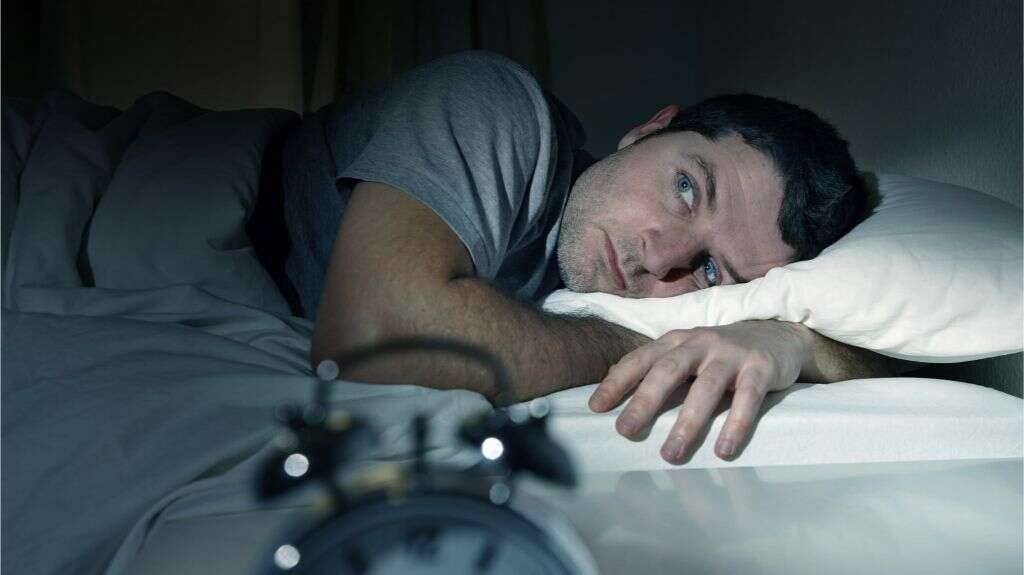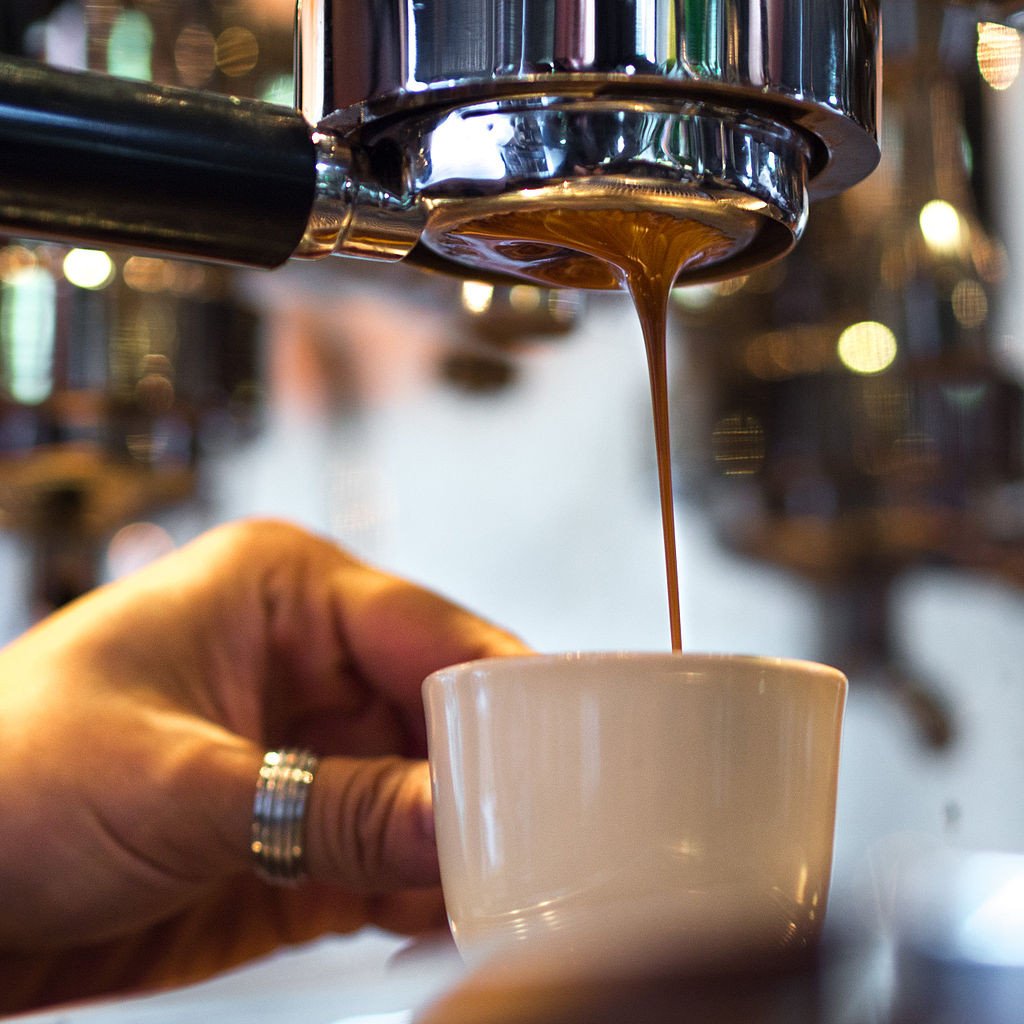

There is also evidence that taking in more than 400 milligrams every day is linked to an increased risk of experiencing unstable bladder among women. However, it is hard to determine whether these effects were due to the caffeine or the other ingredients found in these drinks. There have been reports of people who experienced seizures and an increased heart rate with overconsumption of energy drinks. While 400 milligrams of caffeine may sound like a lot, it is entirely possible to exceed that mark, especially if you are hitting up the Starbucks drive-through multiple times a day, or you lean on energy drinks that are jam-packed with this stimulant. What are the symptoms of too much caffeine? Shutterstock

However, some experts suggest that pregnant people should avoid caffeine entirely, as intake is linked to negative health outcomes during pregnancy. For those who are pregnant, the American College of Gynecology suggests limiting caffeine intake to a maximum of 200 milligrams per day. Of course, there are always exceptions to this (and any) rule. With some products, that requires a little detective work.The FDA has stated that most healthy adults should limit their caffeine intake to a maximum of 400 milligrams per day (equivalent to around 3-5 cups of coffee). Sleep is essential to good health, so avoiding anything that can inhibit a good night’s rest is essential. Similarly, if you enjoy a few too many cups before turning in, you might find yourself staring at the ceiling for a few hours. That’s probably not enough to ruin your night by itself, but if you’ve already consumed a lot of caffeine during the day, it could be enough to push you over the edge. But most kombucha contains a small but notable amount of caffeine, ranging between eight and 14 milligrams. Bottom line: If you’re hankering for a soothing cup of green tea before bedtime, double-check before you brew.ĭespite being a tea, most people don’t associate kombucha with caffeine. Your average green tea contains about 25 milligrams of caffeine per 235 ml (specific types of green tea or formulations using it have varying amounts, ranging from 12 milligrams to 75 milligrams or more). Green tea doesn’t sound as serious as black tea, but that doesn’t mean it’s caffeine free. We’re all different, but most humans can consume about 400 milligrams of the stuff every single day without measurable harm for reference, a standard eight-ounce cup of coffee has close to 100 milligrams of caffeine, most energy drinks hover around 70-75 milligrams, tea has close to 50 milligrams, and colas have about 22 milligrams (there are, of course, examples of each that have a lot more or a lot less). For those of us who have a little trouble sleeping, the solution is usually to stop taking in caffeine at a certain point during the day - which would be a great strategy, were it not for all of the surprising places you find caffeine these days. Studies have shown that substantial amounts of caffeine even six hours before you go to bed can make it harder to fall asleep and diminish the quality of the sleep you do get.

Caffeine’s a pretty effective stimulant, and it can negatively impact your sleep if you have too much of it. But for most of us, it’s is a relatively harmless pick-me-up with very few downsides.Įxcept when it comes to sleep. Is it disturbing to realise that you literally can’t function as an adult without a jolt of caffeine? Sometimes, sure. Of all the substances humans use to augment, alter, suppress, and avoid various aspects of our existence, caffeine is one of the most amazing.


 0 kommentar(er)
0 kommentar(er)
